As in the example given here for C/C++:
... This is due to a new technique described in "BlockQuicksort: How Branch Mispredictions don't affect Quicksort" by Stefan Edelkamp and Armin Weiss. In short, we bypass the branch predictor by using small buffers (entirely in L1 cache) of the indices of elements that need to be swapped. We fill these buffers in a branch-free way that's quite elegant (in pseudocode):
buffer_num = 0; buffer_max_size = 64;
for (int i = 0; i < buffer_max_size; ++i) {
// With branch:
if (elements[i] < pivot) { buffer[buffer_num] = i; buffer_num++; }
// Without:
buffer[buffer_num] = i; buffer_num += (elements[i] < pivot);
}
how can the same be achieved in Java without a branch or jump?
